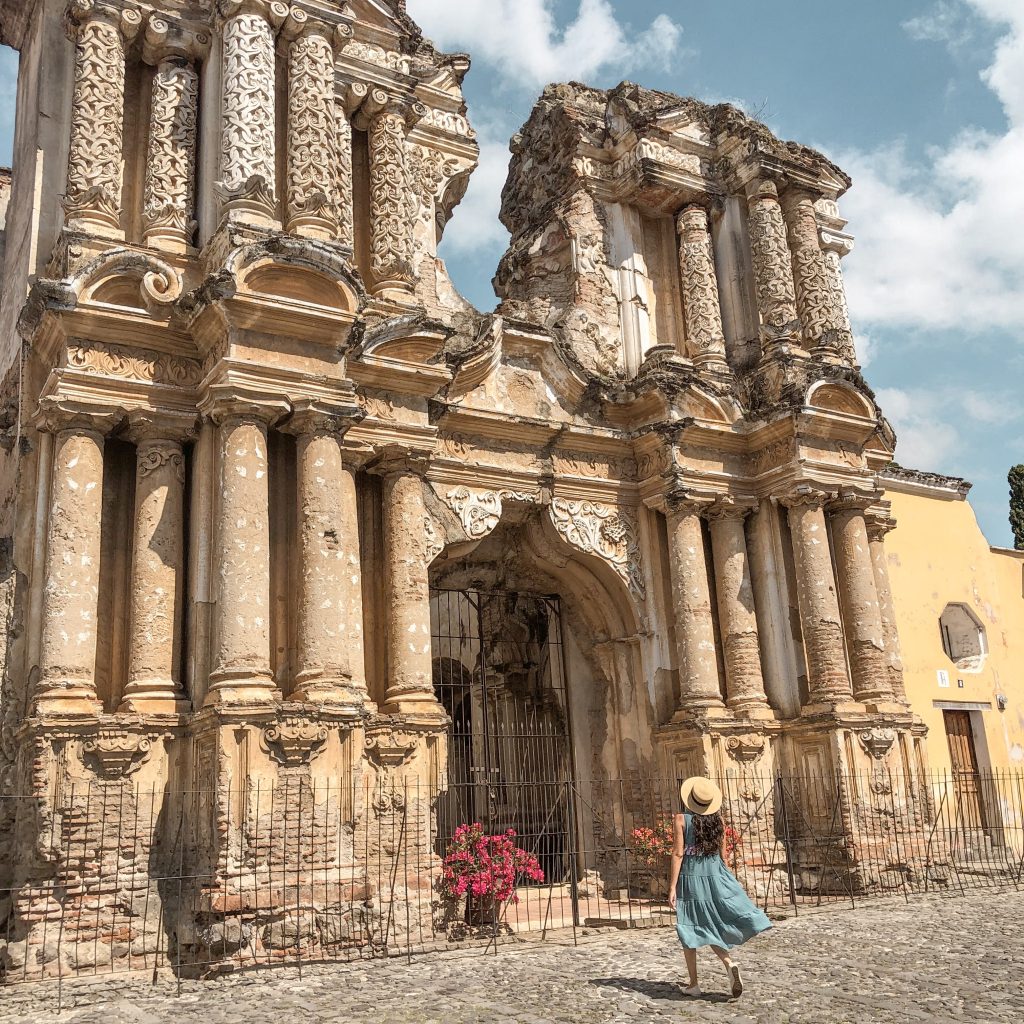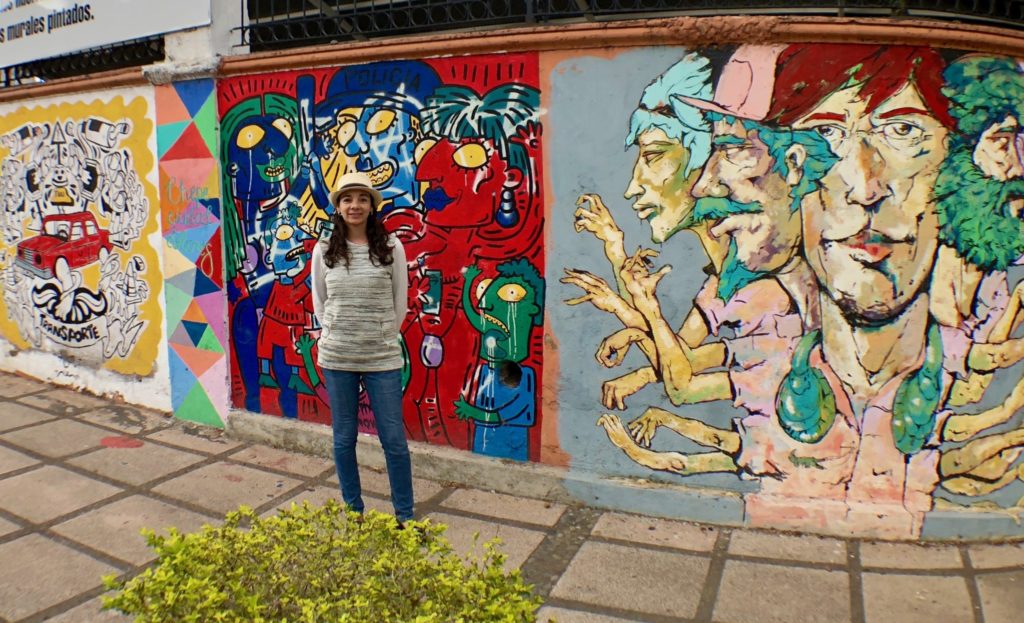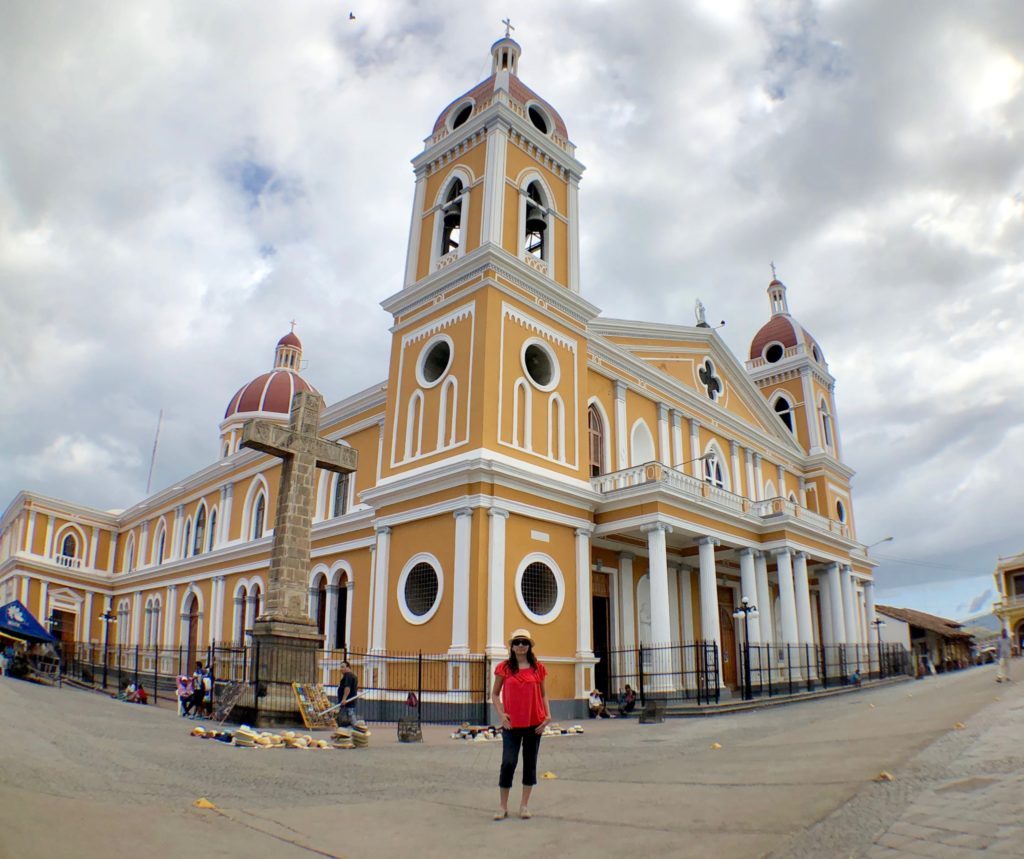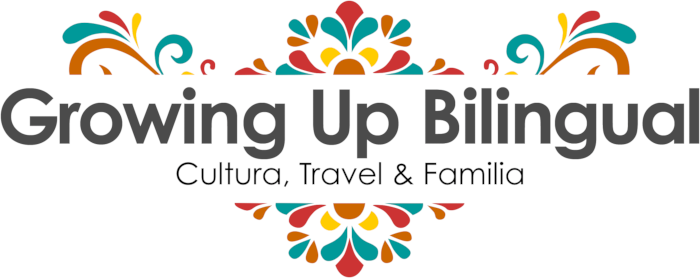When it comes to working online, using a VPN for digital nomads in Central America is just as essential as having a reliable laptop or a good co-working spot. As someone born in Guatemala who now lives abroad but returns every year, I’ve seen firsthand how much digital nomads rely on public Wi-Fi in places like Antigua Guatemala, San José, and Panama City. From cafés and airports to hostels and Airbnbs, Wi-Fi is everywhere — but it’s not always safe or stable.

That’s why I never travel without a VPN. Over the years I’ve tested both a free VPN for travel and paid services, and the difference has been huge — especially if you’re trying to balance work, banking, and streaming while living abroad. In this guide, I’ll break down why digital nomads in Guatemala and across Central America need a VPN, the pros and cons of free versus paid options, and how a VPN makes everyday life smoother.
Why Digital Nomads in Central America Need a VPN
Central America has become a digital nomad hotspot. Antigua Guatemala is buzzing with co-working spaces, Costa Rica’s surf towns are filled with remote workers, and Panama City has some of the fastest internet in the region. But in all these places, Wi-Fi is often shared, unsecured, or outdated — making it risky for anyone handling sensitive work online.
A VPN (Virtual Private Network) solves this problem by encrypting your connection and masking your location. Here’s why nomads use one:
- Public Wi-Fi security: Airports like La Aurora International in Guatemala City or Juan Santamaría in Costa Rica are prime targets for hackers who create fake Wi-Fi networks. A VPN protects you even if you connect by mistake.
- Banking access: Many U.S. banks flag or block logins from Guatemala, Honduras, or Nicaragua. A VPN lets you appear as if you’re logging in from home.
- Streaming and entertainment: Netflix, Hulu, and Disney+ often restrict content based on location. With a VPN, you can relax after work with your usual shows.
- Work platforms: Some company tools or databases are restricted to U.S. or European IP addresses. A VPN ensures you stay connected no matter where you’re working.
Bottom line: digital nomad internet safety in Central America depends on using a VPN , whether free or paid.
Free VPN for Travel: Pros and Cons for Digital Nomads
You’ve probably seen ads for free VPNs and wondered if they’re good enough. I’ve tested a free VPN for travel in Guatemala and Costa Rica, and here’s what I found:
What Free VPNs Do Well
- Basic protection: Even a free VPN encrypts your connection, which is far better than using open Wi-Fi with no protection.
- Quick to set up: Most free VPNs are apps you can download in minutes.
- Fine for light use: If you only need to check email or look at a map, a free VPN can work.
Where Free VPNs Fall Short
- Data caps: Most free VPNs limit you to 500 MB – 2 GB per month. A single Zoom call or YouTube video can eat that up.
- Streaming rarely works: Free VPN servers often get blocked by Netflix and other platforms.
- Banking issues: Some free VPNs use shared servers flagged by banks, so your login may still get blocked.
- Security concerns: Free services sometimes log your data or show ads. For digital nomads, that’s a deal-breaker.
A free VPN might be fine if you’re a backpacker checking directions at the airport, but if you rely on Wi-Fi for work, you’ll hit limitations fast.

Paid VPNs: The Best VPN for Digital Nomads
For serious remote work, I’ve found that a paid VPN for digital nomads in Central America is the only way to go. Here’s why:
- Unlimited data: No worrying about caps while you’re on Zoom calls or uploading client projects.
- Reliable banking: Paid VPNs have more U.S. servers, so your logins won’t get blocked when paying bills or accessing PayPal.
- Streaming access: Perfect for downtime — Netflix, Hulu, and Disney+ work just like they do at home.
- Multiple devices: With a family or multi-device plan, you can connect your laptop, phone, and tablet at the same time.
- Better privacy: Paid VPNs have stricter no-log policies, so they don’t store your data.
- Faster speeds: Important for uploading videos, joining calls, or working on cloud platforms.
For me, switching to a paid VPN during a trip to Antigua Guatemala made life much easier. Suddenly, I could access my U.S. bank account, my son could stream Disney+, and I could work without worrying about data caps.
Free vs Paid VPN Comparison for Digital Nomads in Central America
| Feature | Free VPN | Paid VPN |
|---|---|---|
| Data | 500 MB – 2 GB/month | Unlimited |
| Speed | Slow, crowded servers | Faster, optimized servers |
| Banking Access | Often blocked | Reliable |
| Streaming | Rarely works | Works with Netflix, Hulu, Disney+ |
| Security | Basic encryption, logs possible | Strong encryption, no-logs policy |
| Devices | Usually 1 | Multiple devices |
For most nomads, a free VPN is like a temporary umbrella — it works in light rain. But if you’re living in Central America and working online, a paid VPN is like a sturdy raincoat: it keeps you covered no matter what.
My Personal Take as a Traveler and Blogger
I’ve traveled through most countries in Central America — from Guatemala and Costa Rica to Panama, Honduras, and beyond — and Wi-Fi has always been a mixed bag. At first, I thought a free VPN would be enough. But I quickly ran into problems: I couldn’t log into my U.S. bank account from Costa Rica, Zoom calls kept freezing in Panama, and Netflix wouldn’t load in Guatemala.
Once I switched to a paid VPN, everything changed. Suddenly I could work smoothly, access my accounts without issues, and even stream my kids’ favorite shows after a long day of travel.
As someone who travels with my kids and works online across Central America, I see a VPN as non-negotiable. It’s part of my digital toolkit — right alongside travel insurance and a reliable backpack.

Extra Digital Safety Tips for Remote Work in Central America
Even with a VPN, it’s smart to follow these steps:
- Double-check Wi-Fi names at airports and cafés to avoid fake networks.
- Use two-factor authentication on email, banking, and work apps.
- Keep devices updated with the latest security patches.
- Back up your files regularly to the cloud or an external drive.
- Teach kids or travel partners about safe browsing habits.
These habits, combined with a VPN, keep your digital life secure while you enjoy Central America’s beaches, volcanoes, and culture.
Central America is one of the best regions in the world for remote work, but online safety is a must. A free VPN for travel is better than nothing, but if you’re serious about being productive, streaming, and accessing your accounts reliably, a paid VPN for digital nomads in Central America is the way to go.
It keeps your data safe, ensures your work runs smoothly, and lets you focus on what really matters — enjoying life as a digital nomad in Guatemala, Costa Rica, Panama, and beyond.
- Easy Guatemalan Flag Crafts for Kids - September 14, 2025
- Mayan Pyramid Craft for Kids: An Easy Guatemalan Pyramid Craft - September 14, 2025
- Great Wolf Lodge Naples With Teens: Best Thrill Rides, VR Fun, and Hangout Spots - September 8, 2025


